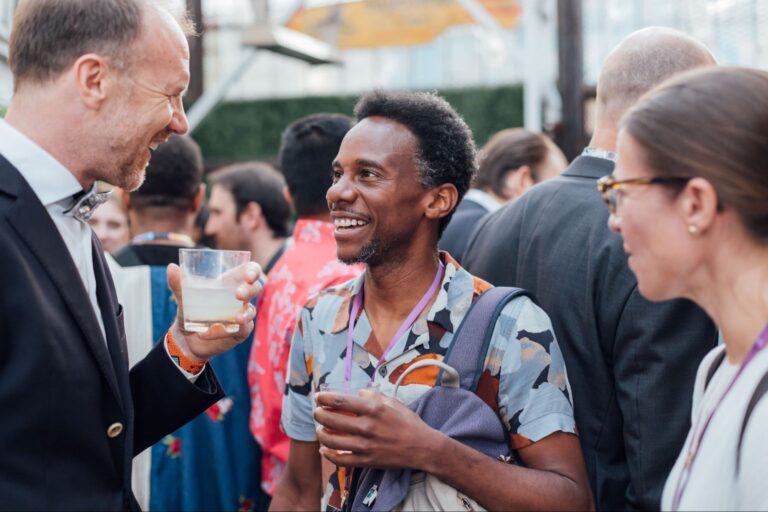The Rise of London’s Experience Economy
A New Direction for London’s Growth
On a significant Thursday in late February, the London Mayor introduced a transformative 10-year “Growth Plan for London.” This ambitious initiative not only emphasizes innovation and infrastructure but also prioritizes a new term that resonates deeply within the city’s culture: the experience economy. For the first time, a government-backed strategy has explicitly acknowledged the experience economy as pivotal to London’s future.
Why Experiences Matter
“It’s the first time a government has explicitly said the experience economy is essential for a global city’s success,” remarked James Wallman, CEO and co-founder of the World Experience Organization (WXO). This acknowledgment underscores that London’s identity and economic vitality stem from its rich tapestry of culture, events, theatres, music, food, sports, and nightlife. These elements have a substantial economic impact, positioning feelings at the forefront of the city’s exports.
Understanding Experientialism
The statistics illustrate this shift clearly. The UK’s experience economy is valued at approximately £134 billion annually, as per Barclays. In 2023, theatre attendance in London reached 17.1 million, with every ticket sold generating an additional £1.40 for the local economy. Furthermore, film tourism is thriving; 70% of visitors now include screen locations in their travel itineraries. The influence of media can even be seen in the case of Ted Lasso, where Richmond experienced a 20% increase in foot traffic.
The prevailing notion that material possessions lead to happiness is undergoing a transformation. Wallman describes this as “the move from materialism to experientialism,” signifying a cultural shift where experiences, rather than objects, define our identities and sense of fulfillment.
The Birth of the World Experience Organization
Wallman’s vision for a global experience economy initiative emerged while advising the British government. When his proposal for a dedicated organization was overlooked, he took the initiative and established the WXO in 2020. The organization has since garnered over 1,000 members across 44 countries, aiming to enhance the quality of experiences for individuals. “If you think about someone as just a customer or employee, you miss the point,” Wallman states.
Shifting Perspectives: Experience as Capital
Wallman views experience as a vital form of capital, one that measures transformation rather than mere transactions. “Moments add up to lives,” he explains, advocating for a design approach that focuses on enhancing emotional experiences across various sectors, from healthcare to education.
The Vision for London Experience Week
Looking forward, Wallman envisions London Experience Week, scheduled for April 28 to May 2, 2025, as a pivotal event in the experience economy. He aims to replicate the success of events like Fashion Week, turning it into a powerful cultural and economic platform that fosters innovation and collaboration among experience creators.
Future Implications for the Experience Economy
As this sector continues to evolve, Wallman insists that experiences should be recognized as an independent category within business strategies, not merely as components of marketing or HR. He stresses that the design of emotional and meaningful experiences is crucial for brands aiming to connect on deeper levels.
With London actively supporting this paradigm shift through targeted policies and creative initiatives, Wallman sees echoes of historical revolutions reshaping industries. “We’re moving from stuff to stories. From products to presence,” he concludes, highlighting the potential impact of focusing on experiences over possessions.


